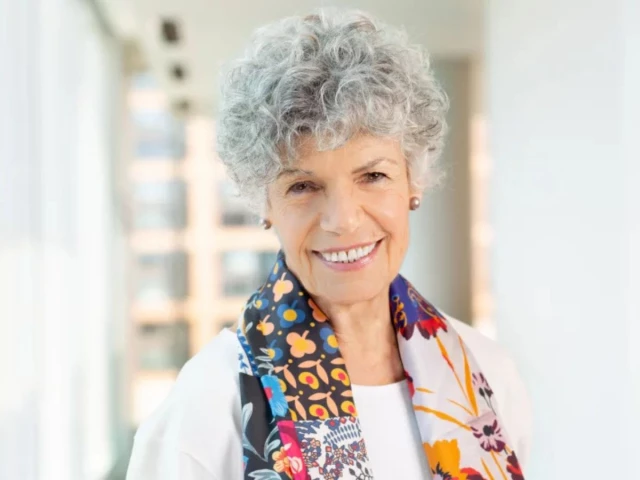Susan Stamberg, NPR’s pioneering voice and founding mother dies at 87
NPR trailblazer Susan Stamberg, the first woman to anchor national nightly news, dies after five decades of influence

Susan Stamberg, a trailblazing journalist and one of the founding voices of NPR, passed away on Thursday at the age of 87. Known for breaking barriers in American broadcast journalism, Stamberg became the first woman in the U.S. to anchor a nightly national news program. Her legacy as a thoughtful storyteller, cultural commentator, and mentor shaped NPR’s identity for over five decades.
Her son, actor Josh Stamberg, remembered her as “a true humanitarian” whose life’s mission was “connection, through ideas and culture.” In addition to her son, she is survived by two granddaughters.
Stamberg joined NPR before its first broadcast and rose from producer to the anchor chair of All Things Considered in 1972. At a time when women were largely sidelined in the media industry, she and fellow NPR pioneer Linda Wertheimer insisted on being heard—starting with a shared office next to a photocopier.
Throughout her career, Stamberg brought depth and humanity to her reporting, with stories that ranged from political curiosities—like calling Jimmy Carter’s dentist—to intimate cultural moments, such as interviewing jazz icon Dave Brubeck at her home. She also famously shared her mother-in-law’s cranberry relish recipe each Thanksgiving on air, making it a quirky NPR tradition.
A New Jersey native, Stamberg earned a degree in English literature from Barnard College. Her first on-air experience came unexpectedly while working at WAMU, NPR’s member station in Washington, D.C., when she had to fill in as the “weather girl.” That debut taught her two crucial lessons: always be prepared, and never lie to listeners.
Her influence extended beyond the anchor desk. She helped launch NPR staples like the Sunday Puzzle and Car Talk, seeing radio’s potential as both educational and entertaining. Colleagues remembered her unique voice and unwavering commitment to authenticity.
“She told me to ‘be yourself,’” Stamberg recalled being advised early in her NPR career. “We want voices on air like the ones you’d hear across the dinner table.”
Even after stepping back from anchoring, Stamberg continued contributing as a special correspondent, especially drawn to arts and culture. Her voice remains a fixture at NPR headquarters—literally—welcoming visitors in the building’s elevators.
Susan Stamberg’s profound impact on journalism and storytelling ensures her legacy will endure well beyond the newsroom she helped build.






-(1)1718534695-0/house-of-dragon-(1)-(1)1718534695-0-208x130.webp)












COMMENTS
Comments are moderated and generally will be posted if they are on-topic and not abusive.
For more information, please see our Comments FAQ